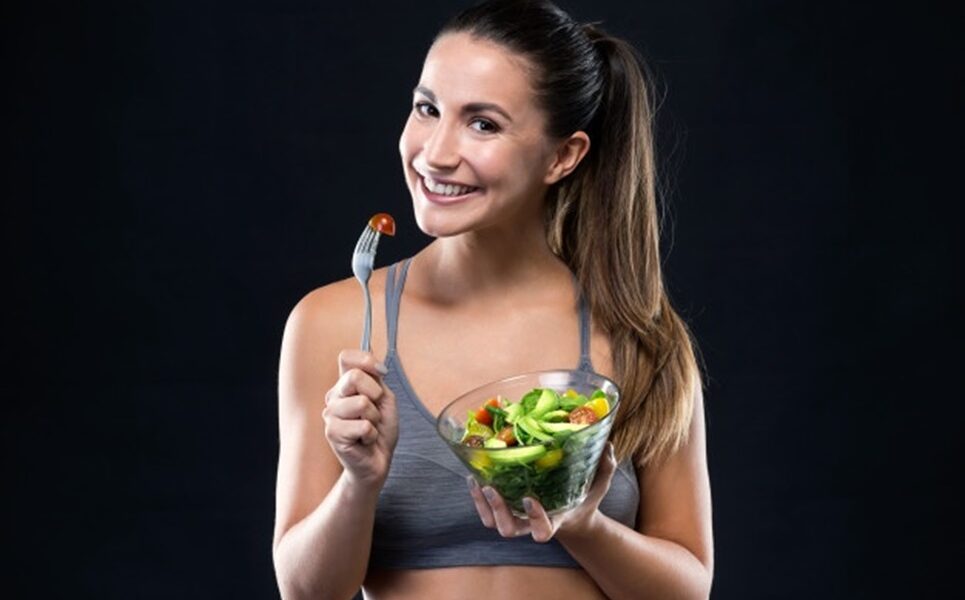Diverticulitis is a common gastrointestinal disorder that affects many Americans. This condition can be triggered by inflammation of the lower colon, and it often leads to chronic pain and even life-threatening infections. The best way to prevent diverticulitis is with a healthy lifestyle, so in this article, we’ll discuss what foods you should eat and avoid for optimal health!
What is Diverticulitis?
Diverticulitis is a condition that results when small pouches, called diverticula, form in the wall of the large intestine. These pouches can become inflamed or infected. It is a common condition, affecting about one-third of adults over the age of 60. It is more common in men than women. It can also be treated by diverticular surgery in Suffolk County to help alleviate the pain and symptoms.
Symptoms of diverticulitis include:
- Abdominal pain, usually in the lower-left side
- Fever
- Nausea and vomiting
- Constipation or diarrhea
- Rectal bleeding
- Weight loss
What is a Healthy Diet for Someone with Diverticulitis?
A healthy diet for someone with diverticulitis is one that is high in fiber and low in fat. Fiber helps to keep the intestine healthy and can help prevent pouches from forming. Fatty foods can increase inflammation in the intestine.
Some good sources of fiber include:
- Fruits, such as apples, pears, and berries
- Vegetables such as broccoli, cauliflower, and spinach
- Beans and legumes
- Whole grains, such as oats and quinoa
It is important to drink plenty of fluids when eating a high-fiber diet. Fluids help the fiber move through the intestine and can prevent constipation.
What are the Foods to Avoid during Diverticulitis?
There are certain foods that should be avoided during diverticulitis. These include:
- Fatty foods, such as fried foods and high-fat meats
- Processed foods
- Dairy products
- Alcohol
According to the myths and facts of diverticulitis, it is also important to avoid eating large amounts of fiber at one time. Try to spread out your fiber intake throughout the day.
Are there Any Lifestyle Changes that Can Help Manage this Condition?
There are other treatments that can help manage diverticulitis. These include:
- Taking over-the-counter pain medications, such as ibuprofen or acetaminophen
- Drinking plenty of fluids
- Resting and avoiding strenuous activity
- Using a heating pad to relieve abdominal pain
It is also important to maintain a healthy weight and to exercise regularly. These lifestyle changes can help reduce inflammation in the intestine and improve symptoms.
To Conclude
If you are experiencing any of the symptoms of diverticulitis, it is important to see your doctor for diagnosis and treatment. There may be other foods that need to be avoided or specific dietary restrictions that need to be followed. Your doctor can help create a plan that will work best for you.







